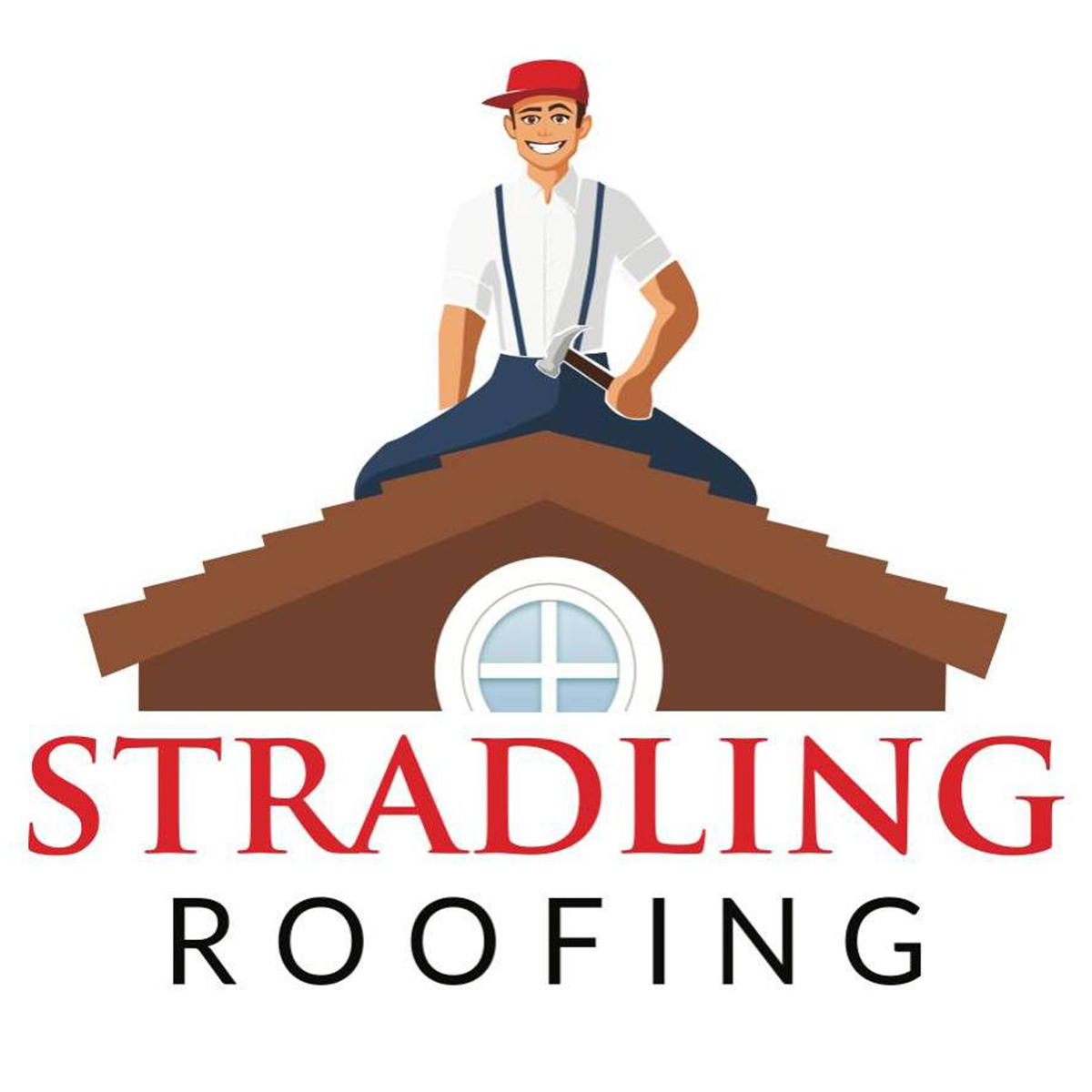Asphalt Shingles vs Tile Shingles in Phoenix, Arizona
One of the more difficult (yet integral) things to consider when building the house is the roofing material. In Phoenix, Arizona, you’re most likely faced with two choices: asphalt shingles and tile shingles. While these roofing materials have their own individual advantages, there are certain features you may prefer based on what you want and need.
To help you make the optimum choice, read on for our comparison between these two roofing materials.
Asphalt Shingles vs Tile Shingles in Phoenix, Arizona
Asphalt and tile are the most popular roofing materials available, each having its pros and cons.
Here are the following differences to note when comparing asphalt shingles vs tile shingles in Phoenix, Arizona:
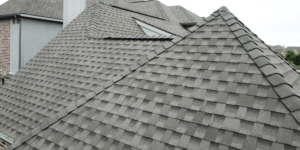
Materials
As the name suggests, asphalt shingles are made of asphalt; a bituminous substance favored when creating shingles. It’s waterproof and has heat-reflecting properties. On the other hand, tile roofing is made of terracotta or slate, durable and heavy.
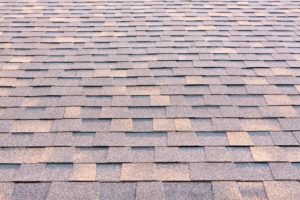
Aesthetics
Besides strength and durability, appearance is an essential factor to consider when it comes to your roofing. With asphalt shingles, you can choose among various “designer” shingles that complement your home in style and color.
Tile roofing also comes in various sizes and colors, but it isn’t as versatile as asphalt shingles. Most of the time, tile roofing gives a simpler and more elegant look.
If you’re after more design versatility, we recommend asphalt shingles. However, tile roofing is a great choice if you want a traditional look.
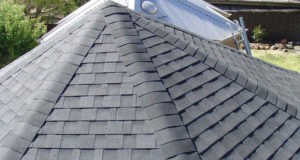
Strength and Durability
In terms of strength and durability, tile wins. This roofing material can last for up to 100 years, compared to asphalt shingles, which have a 25-year lifespan.
While durability alone should not be the sole or ultimate reason to choose tile roofing, it’s still a huge plus.
However, what makes asphalt shingles a bit better in this area is how easier it is to repair and replace compared to tiles. Also, the exact lifespan of these roofing materials will still depend on how you care for your roof and the same material it’s made of.
For example, tile roofing can break under 100 years, having an average lifespan of 25-50 years. Asphalt shingles can last for up to 30 years, depending on their type, thickness, style, and maintenance done.
But again, note that you get a long lifespan from a tiled roof, up to 100 years, with proper care and maintenance. While tile roofing can cost more when talking about maintenance, the material won’t incur damage as quickly. Durability and longevity are the reasons why tile roofing is very popular!
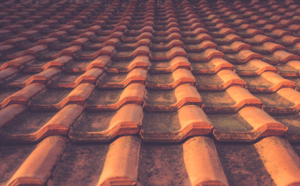
Your Climate
In Phoenix, Arizona, you’ll need to consider the severe weather conditions, such as the monsoon season and scorching climate. While asphalt shingles are more affordable initially, they don’t stand up to Mother Nature as well as tile roofing materials do. Even then, you can find asphalt shingles commonly used in roofs throughout the USA as they can handle most climates.
Asphalt shingles are prone to warping and breaking when exposed to extreme sun or wind exposure. On the other hand, concrete tiles can fare better as they won’t absorb heat, withstand strong winds, and pass freeze-thaw requirements. However, traditional clay might not handle extreme freeze/thaw conditions.
That said, tiles under very dry and hot climates will have a shortened lifespan from the heat. The same would go for asphalt tiles, so we recommend asking your roofing contractor about the best-suited material for the Phoenix climate.
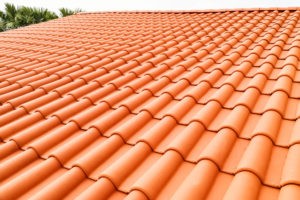
Affordability
The price difference between asphalt and tiles would neutralize in the long run. While asphalt shingles have a cheaper upfront cost, they would last for 25 years, compared to the 100 years tiles offer. That said, roofing tiles may cost up to four times more than asphalt!
On average, asphalt shingles can cost $3-5 per square foot, while tole costs about $4-5 per square foot.
Throughout a hundred-year period, the prices would cancel each other out. If budget is an issue, then asphalt has a lower upfront cost. But if you’re fine with higher initial costs that amortize over time, you’ll go well with tile roofing.
If you’re thinking of the resale value, any new roof would add value to a house. However, since tile roofs have better longevity, they appeal to new homeowners more. But in general, new roofs are considered great investments in houses, as long as it’s made of tough materials and quality construction to withstand Phoenix’s conditions.
Energy Usage
Most asphalt shingles are not solar reflective. Meaning the shingles would absorb heat rather than reflect it.
Concrete roof tiles made of natural materials can reflect sunshine to bring it back to the atmosphere. That makes it easier to maintain comfortable temperatures indoors.
Fortunately, you can find solar reflective asphalt shingles. While they aren’t as readily available, it’s still worth asking your roofing contractor for shingles that fit into your budget.
Environment-Friendliness
It’s important to think about sustainability to make your house greener and more environment friendly. Unfortunately, asphalt shingles are derived from petroleum, so they lose out on this aspect.
Tiles are made from clay, concrete, slate, or terracotta, all sustainable materials. But you might find modern tiles made of plastic, which aren’t as environmentally friendly. It’s important to find roofing made of sustainable materials if a greenhouse is your goal, and tiles have the upper hand here.
Wrapping It Up
Installing a roof is a serious investment for all homeowners and not one you should take lightly. Because of that, you need to conduct proper research to prevent any headaches in the long run. When choosing between asphalt and tile shingles, you must select one made of solid quality with excellent contractors to build it.
If you would like to learn more about roofing materials and installation, contact us, and we can provide a free roofing inspection.
